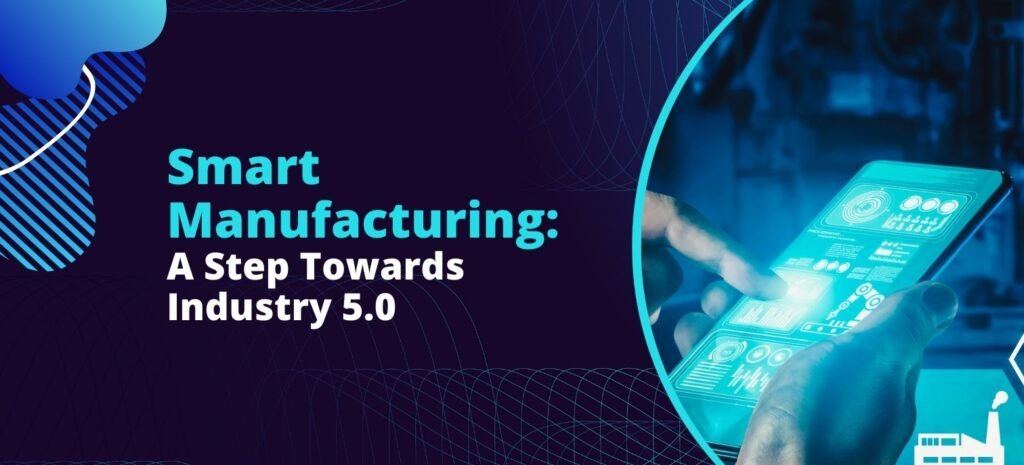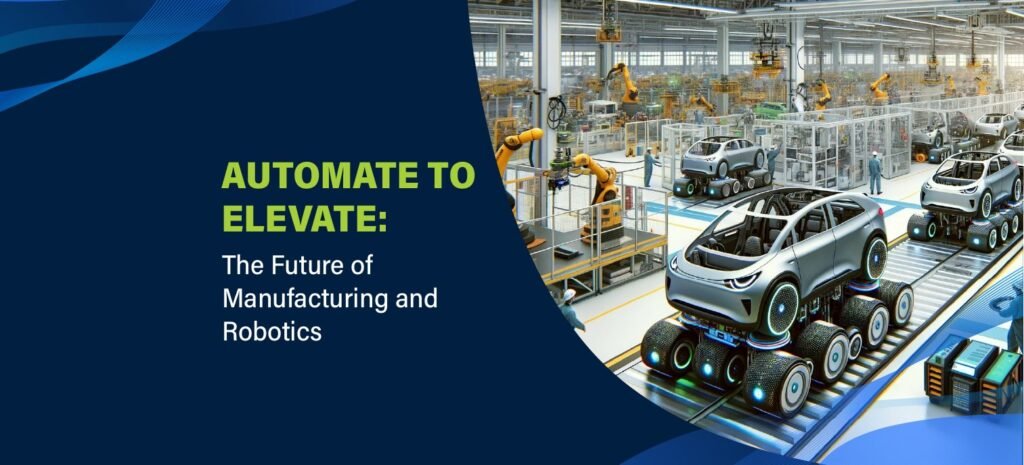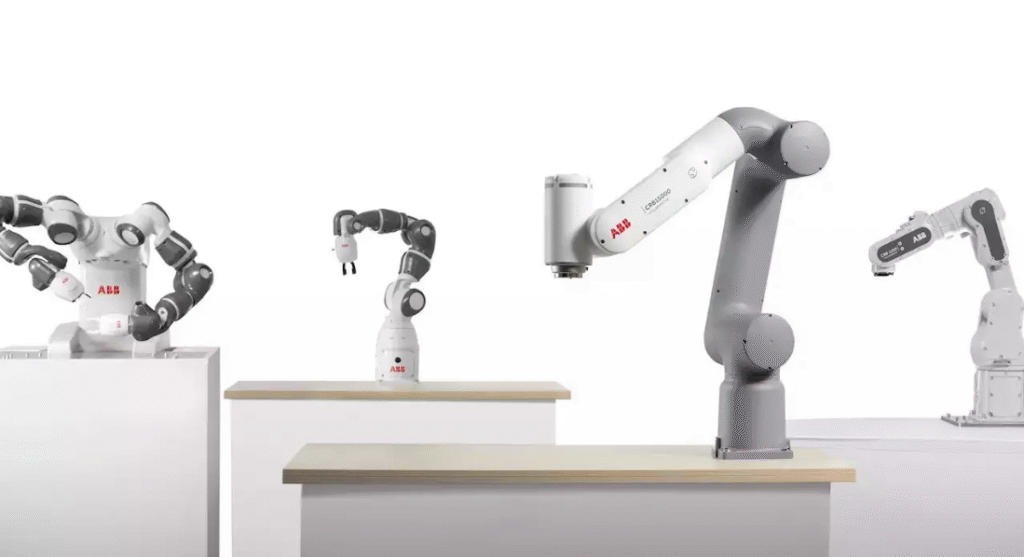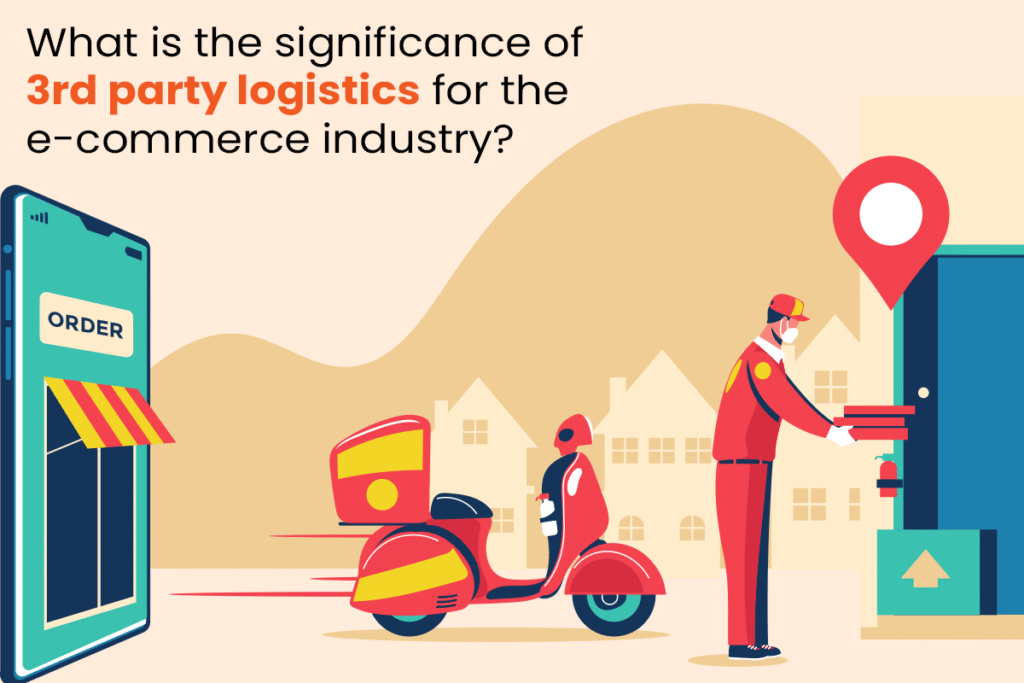In the ever-evolving landscape of industrialization, the emergence of smart manufacturing has been a game-changer. Industry 5.0, the next frontier in manufacturing, has been made possible by the integration of cutting-edge technologies into production processes. In this blog, we will explore the concept of smart manufacturing, its key aspects, the pros and cons, its future, and how Novus Hi-Tech is paving the way toward Industry 5.0.
What is Smart Manufacturing?
Smart manufacturing is an integrated system that leverages advanced technologies and data-driven insights to optimize production processes and make them more efficient. It is a convergence of several cutting-edge technologies, including:
- Internet of Things (IoT): IoT sensors collect real-time data from machines, products, and processes, facilitating informed decision-making.
- Artificial Intelligence (AI) and Machine Learning (ML): These technologies enable predictive maintenance, quality control, and demand forecasting.
- Big Data Analytics: Analyzing vast datasets helps identify trends, anomalies, and areas for improvement in manufacturing operations.
- Robotics and Automation: Robotics streamlines repetitive tasks, increases precision, and enhances productivity.
- Cloud Computing: Cloud-based platforms store and process data securely, enabling remote monitoring and control.
- Additive Manufacturing: 3D printing allows for rapid prototyping and customization of products.
- Cyber-Physical Systems (CPS): The integration of physical processes with digital systems enables real-time control and monitoring.
Pros and Cons of Smart Manufacturing
Pros:
- Increased Efficiency: Smart manufacturing leads to streamlined processes and reduced downtime.
- Improved Quality: Real-time monitoring and data analytics ensure higher product quality.
- Cost Savings: Predictive maintenance and reduced waste result in cost savings.
- Enhanced Safety: Automation reduces the risk of accidents in hazardous environments.
- Sustainability: Reduced energy consumption and waste contribute to a greener future.
Cons:
- High Initial Investment: Implementing smart manufacturing requires significant upfront investments.
- Cybersecurity Risks: Increased connectivity can make systems vulnerable to cyberattacks.
- Job Displacement: Automation may lead to job displacement for some workers.
- Skill Gap: The workforce needs training to adapt to the new technologies.
Combatting the Cons
To mitigate the cons, companies must invest in robust cybersecurity measures, provide retraining opportunities, and prioritize employee safety.
The Future of Smart Manufacturing
The future of Smart Manufacturing is promising, with more industries adopting these technologies. As technology continues to advance, we can expect even greater levels of automation, increased integration of AI, and more sustainable practices.
Smart Manufacturing is a significant leap toward Industry 5.0, promising enhanced efficiency, quality, and sustainability. Novus Hi-Tech, a pioneer in the field, is committed to shaping the future of manufacturing through innovative solutions. By continuously innovating and integrating cutting-edge technologies, they are leading the way toward a more efficient, sustainable, and adaptive manufacturing landscape.
To stay ahead in the manufacturing game, consider partnering with Novus Hi-Tech and embracing the future of Industry 5.0. Contact us today to learn more about our smart manufacturing solutions.























